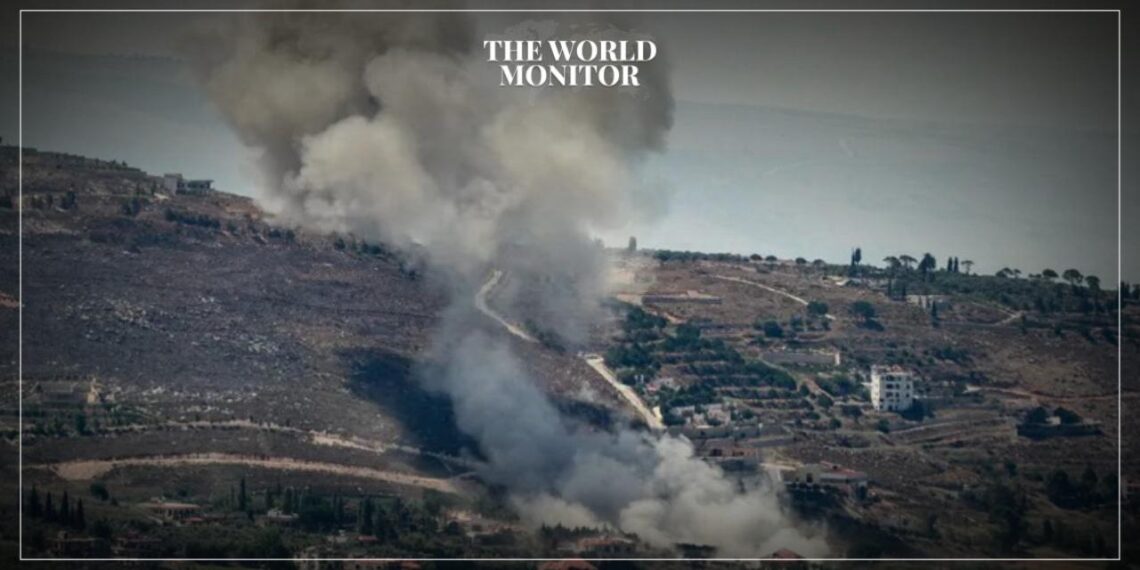On Tuesday evening, the Lebanese Ministry of Health reported that four Lebanese civilians were killed and two others injured in two Israeli airstrikes targeting the town of al-Dhahira in southern Lebanon.
The ministry also noted that four additional individuals, including three medics, sustained moderate injuries in an Israeli drone strike on the Wadi Hamoul area in the town of Naqoura, which also damaged an ambulance.
Israeli military aircraft and drones conducted a series of airstrikes on the towns of Aita al-Shaab and Hula, while artillery bombardments targeted these towns and the surrounding areas of Tireh, Yarin, Naqoura, Mount Labouna, Qabrihaya, and Bani Hayyan.
The recent escalation marks a significant intensification in the ongoing conflict between Israel and Hezbollah, the Shiite militant group based in Lebanon.
Tensions have been high in the region following a series of skirmishes and retaliatory strikes between the two sides. The area has experienced intermittent clashes, often involving rocket fire and airstrikes.
Hezbollah has been involved in frequent exchanges with Israeli forces, particularly in response to what it perceives as Israeli aggression.
The group has previously launched rockets into northern Israel, leading to retaliatory strikes from the Israeli military.
The Israeli Defense Forces (IDF) have stated that their operations are aimed at countering threats from Hezbollah, including targeting weapon storage facilities and military positions. The recent airstrikes on southern Lebanon are part of a broader pattern of conflict that has seen periodic escalations and de-escalations over the years.
The humanitarian impact of these airstrikes is significant, as civilians in the affected areas face danger from both direct attacks and collateral damage.
The ongoing conflict underscores the fragile and volatile nature of the region’s security situation, with international calls for de-escalation and renewed dialogue to address the underlying issues driving the conflict.






